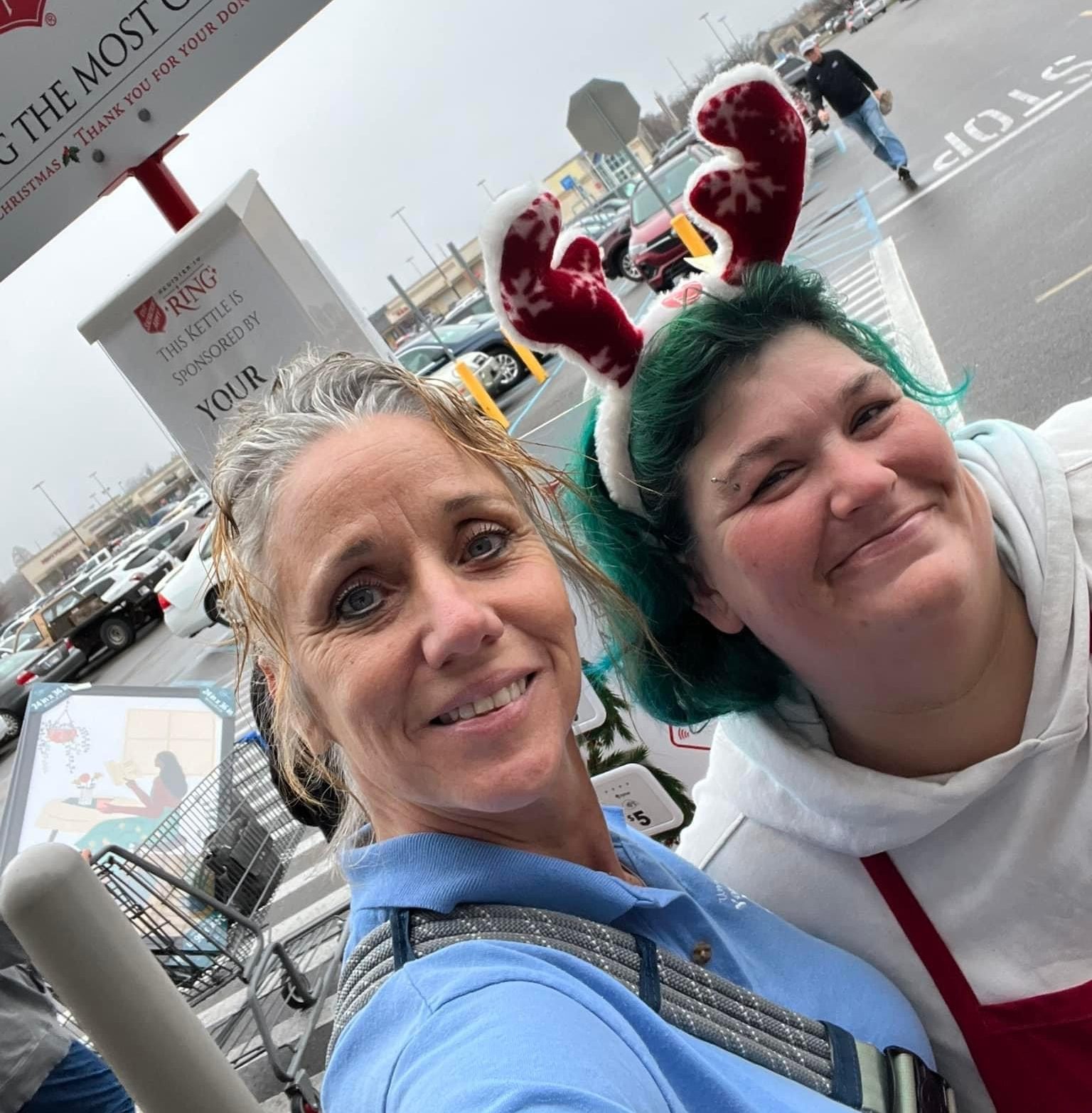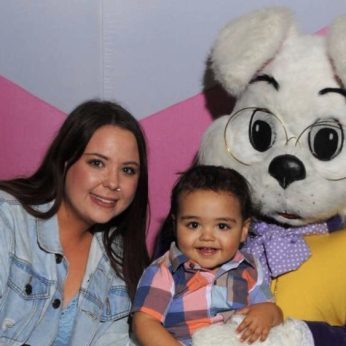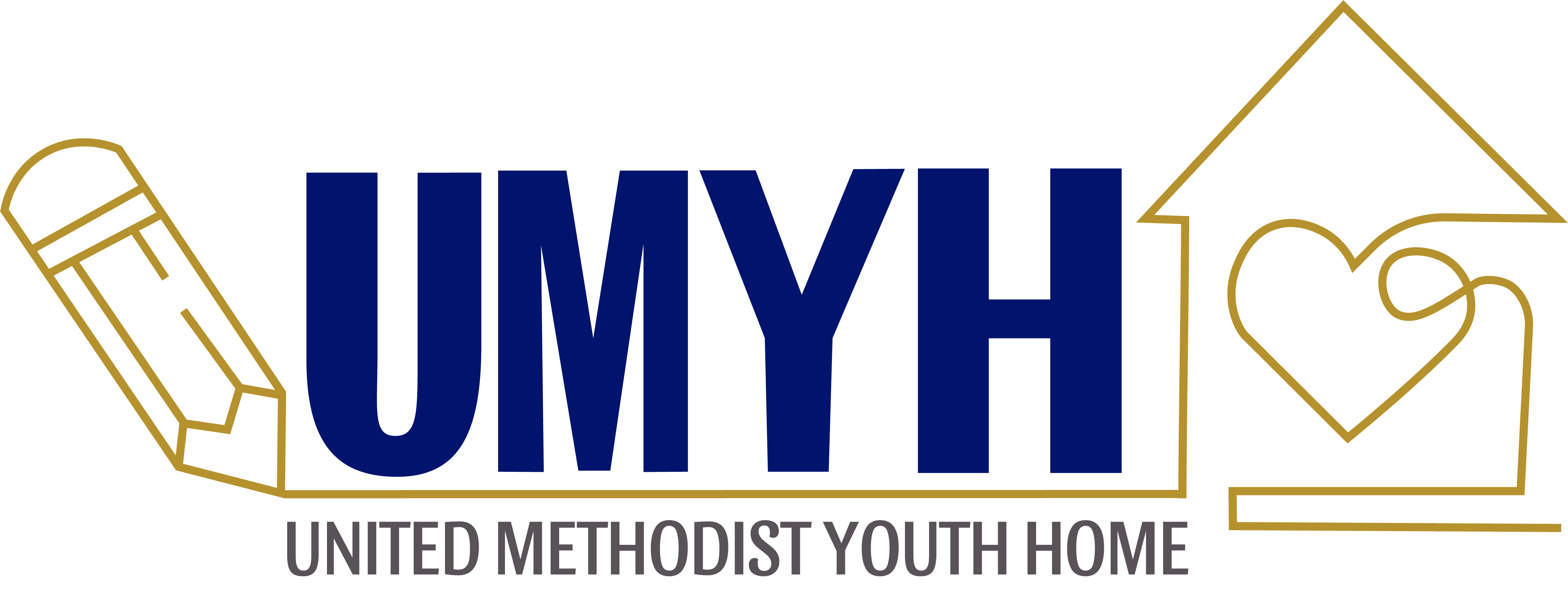WHO WE SERVE
Our group home is licensed for eight female and eight male residents, from ten to twenty-one years of age, who have at least borderline intellectual functioning (IQ above 70). Youth with a psychiatric diagnosis, such as Conduct Disorder, Oppositional Defiant Disorder, Post-traumatic Stress Disorder, Depression, or a Personality Disorder will be accepted. Status offenders with histories of truancy or running away will also be accepted. Our program is also appropriate as a step-down program for youth who are leaving a more restrictive placement.
We provide services for youth who need a structured setting in which to develop social skills, respect for authority, self-control, and problem-solving skills. Our program is also appropriate for youth with histories of running away, truancy, substance abuse, family stress, and dysfunction.
We cannot accept youth in the Residential Treatment Program who have a diagnosis of psychosis, who are sexually maladaptive youth, who have recent or extensive histories of being physically aggressive or violent, or youth with a primary diagnosis of substance abuse.
- Principles of behavior modification are used to teach pro-social and appropriate behaviors and to reduce disruptive and other problem behaviors.
- Cognitive Behavior Therapy is used to reduce problem emotions, including anxiety and depression and to help youth develop coping skills.
- Dialectical Behavior Therapy combines cognitive and behavioral therapy, incorporating methodologies from various practices including Eastern mindfulness techniques. DBT is used to improve emotion regulation, improve interpersonal relationships, increase effective and healthy coping skills and improve decision making.
- Aggression Replacement Training is a cognitive behavioral intervention program to help children and adolescents improve social skill competence and moral reasoning, better manage anger, and reduce aggressive behavior. The program specifically targets chronically aggressive children and adolescents ages 12-17.
- Reality Therapy is used to help youth understand the consequences of their behavior, take responsibility for their behavior, choose more appropriate behavior and make better decisions.
- Trauma Focused Cognitive Behavioral Therapy (TF-CBT) is an evidence-based treatment approach shown to help adolescents overcome trauma-related difficulties. It is designed to reduce negative emotional and behavioral responses following child sexual abuse, domestic violence, traumatic loss, and other traumatic events.
Throughout the week, residents participate in on-campus, community, and charitable activities to promote physical and social development, and to provide healthy exposure to community activities.
If attending public schools, residents receive daily monitoring of grades and attendance, study skills, and up to five hours per week of after-school tutoring. Residents who are suspended or expelled from public school, who have dropped out of school, who are sixteen years old and have too few credits to graduate on time, or are interested in obtaining their TASC (Test Assessing Secondary Completion) certificate, may attend the UMYH Day Education Program.
These services include family therapy with our licensed clinical social worker, monitored phone calls, on-ground visits, and “Family Nights,” which include an educational group. Home visits are available when appropriate and are gradually increased, based on behavior at home, school, and at UMYH.


